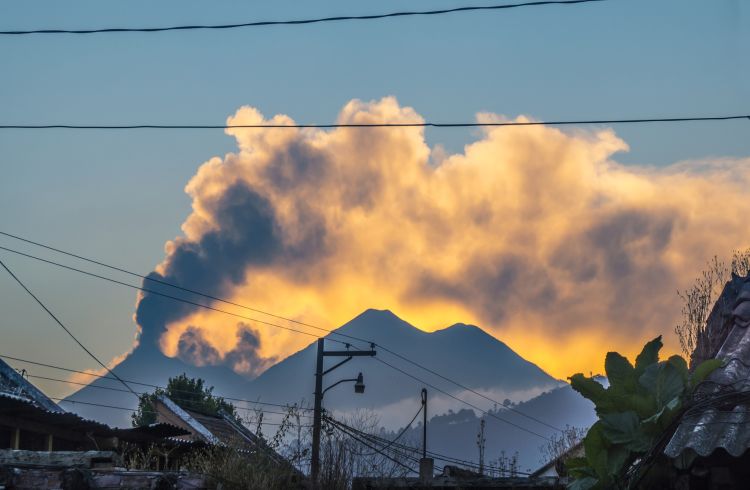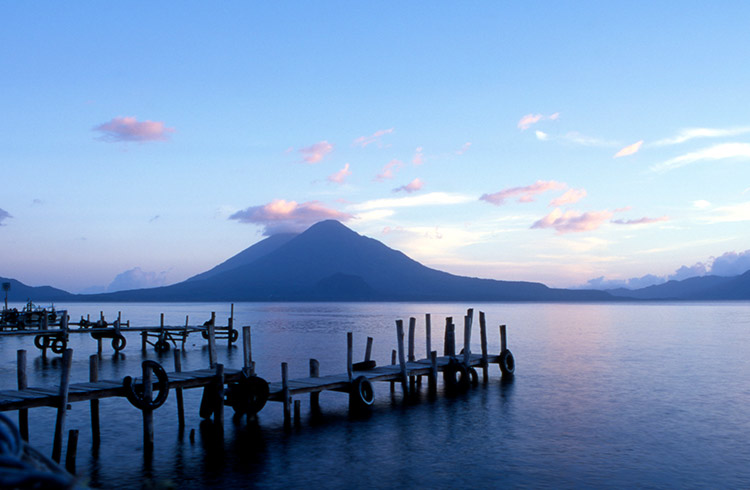Guatemala Travel Alerts and Warnings
What are the issues affecting travelers in Guatemala? Read the latest travel warnings and alerts.
 Photo © Getty Images/Kryssia Campos
Photo © Getty Images/Kryssia Campos
Coronavirus (COVID-19) travel restrictions in Guatemala – updated 11 January 2022
Travel to Guatemala
From 10 January 2022, travelers entering Guatemala must show the following on arrival:
- Proof of a full course of COVID vaccination (two doses; or one for the Johnson and Johnson vaccine) or proof of a medical condition that prevents vaccination; and
- A negative COVID-19 PCR or antigen test (if aged 10 and over) taken no longer than 3 days before the date of arrival in Guatemala. .
There are no quarantine requirements. Local authorities have advised against travel if suffering from any respiratory disease or presenting COVID-19 symptoms.
What to expect in Guatemala
Modified restrictions of movement have been applied to departments depending on the level of COVID-19 risk. Areas are color-coded according to the number of cases: red (highest), amber (high), yellow (moderate) and green (low). Check Guatemala's government website to see how restrictions apply to each region.
Social distancing of at least 1.5 meters is in place, and people must wear a face mask in all public spaces.
Previous travel alerts for Guatemala
November 2018 - Volcan de Fuego Eruption
Guatemala's Volcan de Fuego has erupted to life once again, spewing out ash, lava and volcanic gases, causing thousands of people to flee to safety. Local authorities say there is still a very high risk of volcanic mud flows (lahar) and pyroclastic flows impacting nearby villages. Evacuations have extended as far as 6.2 miles (10km) from the volcano.
Volcan de Fuego (Spanish for Volcano of Fire) is considered to be one of the most active volcanoes in Central America. It's located 25 miles (40km) west of the capital, Guatemala City, and is close to the popular tourist spot of Antigua. This latest eruption is the fifth this year and comes five months after the devastating eruption in June which resulted in 200 deaths and many more people missing.
If you are planning to fly to or from Guatemala, it's important that you check with your airline or tour provider and travel insurance company prior to departure in case of schedule impact and coverage.
If you are on the ground, please check with authorities for more information, follow any official warnings and listen to local news reports to monitor the situation. Failure to comply with directives from government authorities will result in you not being covered by travel insurance.
June 2018 - Volcan de Fuego Eruption
On Sunday June 3rd, Guatemala's Volcan de Fuego (12,346ft) erupted spewing plumes of ash and pyroclastics into the air shortly before midday, burying nearby villages and killing at least 62 people with the death toll expected to rise. Many people are injured and some are still missing.
Pyroclastic flows (composed of volcanic gases and tephra) rushed down the side of the mountain, destroying everything in the way. Some locals survived by escaping early or reaching higher points as the flows powered across corn fields. Thousands have been evacuated and rescue efforts are being challenged by further eruptions. Authorities are also concerned with the increasing risk of flooding and moving debris with heavy rain.
Volcan de Fuego (Spanish for Volcano of Fire) is considered to be one of the most active volcanoes in Central America. It's located 25 miles (40km) west of the capital, Guatemala City and is close to the popular tourist spot of Antigua. Ash had also fallen as far away as the capital due to wind changes.
The President of Guatemala, Jimmy Morales has declared a national state of emergency and three days of mourning. The country's main airport, La Aurora International, had shut down its only runway at the time of the eruption.
If you are planning to fly to or from Guatemala, it's important that you check with your airline or tour provider and travel insurance company prior to departure.
Before you buy a travel insurance policy, check your government travel warnings and health advice – there may be no travel insurance cover for locations with a government travel ban or health advice against travel.
Related articles
Simple and flexible travel insurance
You can buy at home or while traveling, and claim online from anywhere in the world. With 150+ adventure activities covered and 24/7 emergency assistance.
Get a quote
No Comments